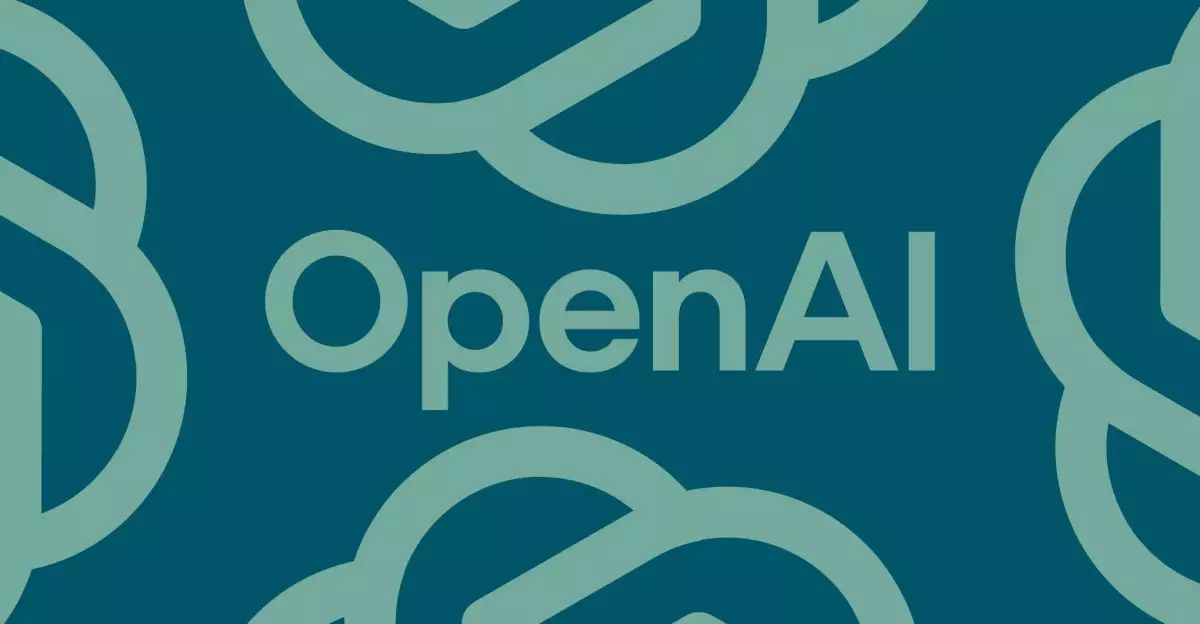The ongoing conflict between Elon Musk and OpenAI illustrates a profound tumult in the tech industry, entangled in issues of ethics, power, and the future of artificial intelligence. OpenAI’s recent countersuit against Musk highlights a growing tension that transcends legal boundaries, reflecting a clash of ideologies in how AI should be governed and utilized. Musk’s approach, marked by aggressive legal maneuvers, raises critical questions: Is this a battle for the soul of technology or merely a strategic power play?
The Allegations: Bad Faith vs. Ethical AI
OpenAI’s assertion that Musk’s actions are “bad-faith tactics” reveals its frustration with what it perceives as an unethical attempt to undermine progress. The countersuit emphasizes Musk’s alleged disruption through a so-called “fake takeover bid,” aimed at seizing control to further his own agenda. This paints Musk not just as a co-founder of OpenAI but as a potential antagonist in the narrative that sets ethical development against corporate greed. The crux of the matter lies in competing visions of AI’s future: OpenAI envisions a world where artificial intelligence serves the collective good, while Musk seems to advocate for a return to foundational ideals, albeit through confrontational means.
Musk’s Legal Cat-and-Mouse Game
Elon Musk’s tactics raise eyebrows for their theatrical quality and perceived inconsistency. Initial legal action taken last spring sought to realign OpenAI’s mission towards developing artificial general intelligence (AGI) for humanity’s benefit. Yet, after dropping that lawsuit, he resurfaced with renewed claims in August, indicating a relentless pursuit of what he conceives as ethical dimensions of AI development. This flip-flopping casts a shadow of opportunism over his stated intentions. Critics, including prominent voices in tech journalism, have begun labeling Musk’s legal endeavors as “hilariously bad,” suggesting that perhaps his methods are as misguided as they are ambitious.
Implications for AI’s Future
As the legal battle intensifies, the implications for the broader AI landscape become increasingly complex. A trial set for spring 2026 hangs in the balance, with both parties vying not just for victory in court but for the hearts and minds of an industry at a critical juncture. The outcome of this conflict could dictate how future technologies are developed and who gets to wield that power. OpenAI argues that continued discord stifles innovation, while Musk’s resistance acts as a counterbalance, calling for a return to an ethical framework. However, one must ponder if the aggressive legal strategies being employed will yield the desired outcome for either side in the long run.
Ethics Versus Innovation: The Bigger Picture
What lies at the heart of this dispute is a fundamental tension between preserving ethical standards and the relentless march of technological progress. As companies race to harness the power of AI, the question of who is responsible for that power looms large. Musk’s unabashed ambition to control the narrative is indicative of the lengths to which industry leaders will go to protect their ideologies. Simultaneously, OpenAI’s rebuttal emphasizes the necessity of responsible innovation over competitive maneuvering. In this high-stakes environment, what can we learn about the intersection of ethics and entrepreneurship in the tech sector? The future of AI will undoubtedly be influenced not just by technological capabilities, but also by the conduct and commitments of its innovators.


Leave a Reply